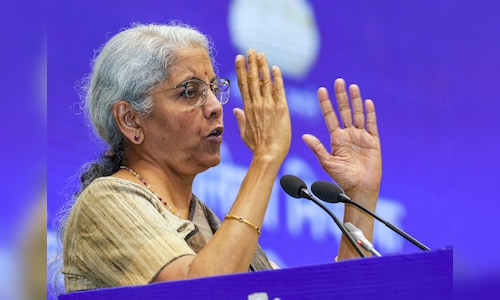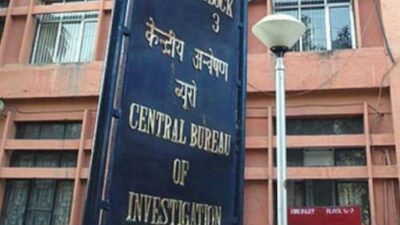The meeting featured in-depth presentations on the performance of CGST and Customs zones, outlining progress and issues related to registration, return filing, audits, investigations, grievance redressal, and customs operations.
The Conclave included Arvind Shrivastava, Secretary of the Department of Revenue; Sanjay Kumar Agarwal, Chairman of CBIC; members of the CBIC Board; and senior officials from the Ministry of Finance, according to a government press statement.
Key performance highlights:
• GST Compliance: The national average for GSTR-3B filing in FY 2024–25 reached a strong 94.3%.
• Refunds: 85% of refund claims were processed within the mandatory 60-day period.
• Audit & Enforcement: GST audit coverage rose to 88.74% from 62.21% in FY 2022–23, with detected GST evasion amounting to ₹2.23 lakh crore and voluntary payments at ₹28,909 crore.
• Grievance Redressal: The average resolution time for grievances fell to 9 days—significantly below the 21-day target. Since February 2024, CBIC has consistently ranked among the top-5 central ministries on CPGRAMS.
• Customs Facilitation: The Risk Management System (RMS) facilitated 86% of cargo in 2025, up from 82% in 2022.
• Gold Disposal: A total of 2,140 kg of seized gold was transferred to SPMCIL in FY 2024–25 for effective disposal.
FM’s directives and vision:
Sitharaman urged CBIC to concentrate on the following:
• Simplify GST Registration: Enhance processes using technology and risk-based filters to ensure greater transparency and ease for applicants.
• Awareness Campaigns: Initiate targeted outreach to taxpayers, trade bodies, and associations—particularly concerning documentation for the ‘Principal Place of Business’ in GST applications.
• Dedicated Helpdesks: Establish specialized helpdesks for GST registrations at zonal levels to assist applicants and lower rejection rates.
• Strengthen GST Seva Kendras & Customs Suvidha Kendras: Ensure these centers are adequately staffed, accessible, and effective in taxpayer support.
• Enhance Grievance Redressal: Allocate zonal teams to speed up complaint resolution via CPGRAMS while maintaining CBIC’s top ranking in responsiveness.
• Speed Up Investigations: Ensure timely closure of Customs and CGST cases, and strive to close the gap between tax detection and actual recovery.
• Reduce Dwell Time: Accelerate import and export clearance at ports, airports, and ICDs to improve India’s global logistics performance and mitigate trade costs.
• Faster Refunds: Expedite GST and Customs refund processing, particularly benefitting MSMEs and exporters.
• Staffing & Accountability: Accelerate the filling of vacant positions and resolve pending disciplinary matters to enhance field efficiency and staff morale.
Tech push for trade facilitation
Union Minister of State for Finance, Pankaj Chaudhary, inaugurated the ICETAB device—a digital tool aimed at streamlining export examinations. This initiative is anticipated to lower transaction costs and turnaround time, thereby improving India’s ranking in the Logistics Performance Index (LPI).
Sitharaman acknowledged CBIC’s achievements but encouraged zonal leadership to provide actionable feedback to headquarters to further improve systems, taxpayer services, and operational efficiency.



